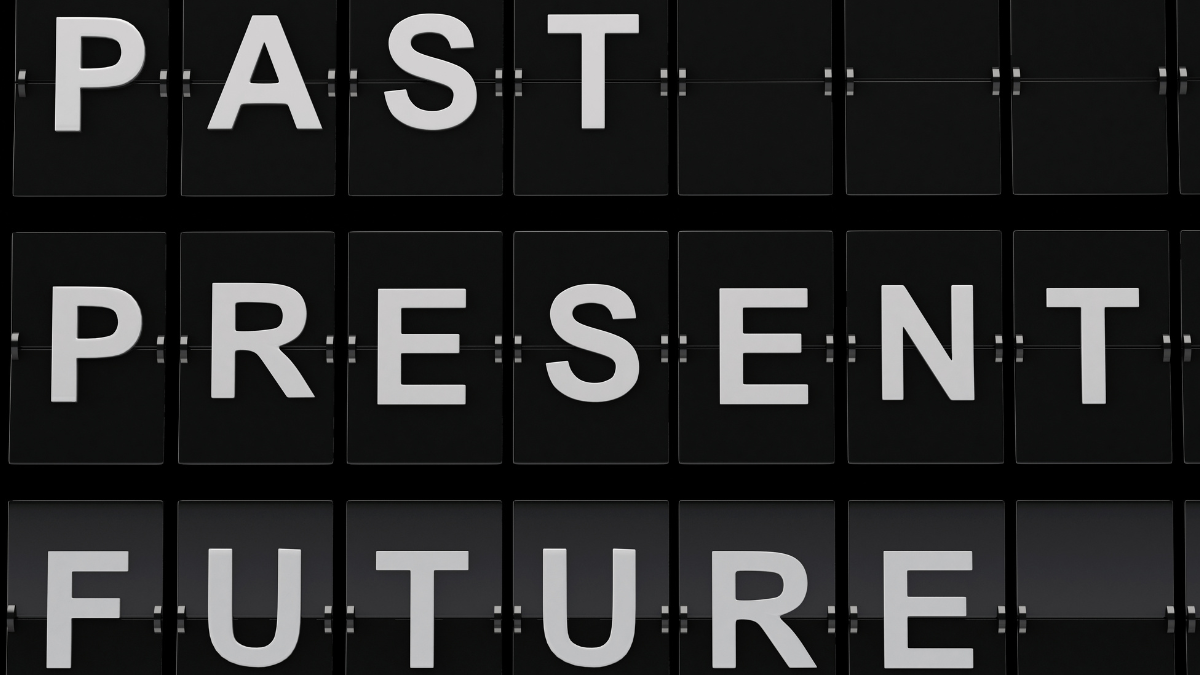My interview with Megan Sullivan has really stayed with me. I often find myself pondering the value of being neutral about the three points of time, the past, the present, and the future. Maybe neutral isn’t the right word; I don’t mean to suggest that we shouldn’t care. Perhaps really what I mean is properly valuing all three points of time.
One of the things Megan said that we couldn’t include for time’s sake (ironically), is about the passing of time and human cultures. We think about a lost culture, like say the ancient Mesopotamians, or the original Celts (by the way, we should do an episode on the Celts). Anyway, we ponder these now-extinct cultures and we think of it as a tragedy that they’re gone.
But is it? Aren’t we just biassing the present when we say that – our particular present? Is that any more logical than lamenting some future culture that hasn’t come into existence yet?
If we choose to value the past as the past, we needn’t lament everything that is extinct. We can value that culture as a precious point in the continuum of time. It hasn’t lost its value simply because it is no longer present for us to observe. We can rejoice in lost cultures, just as we might enjoy any particular present culture. And learning about long lost cultures, I think allows us to draw lessons for our present and future. Knowing that our culture, too, will disappear into the sands of time.
Anyway, all of that got me thinking about the way Jesus spoke of the past, the present, and the future. I don’t want to turn Jesus into the ultimate time philosopher, but as you read the gospels, those 1st century biographies of his life, it’s pretty clear he frequently held up all three points of time as worthy of our consideration.
First, he regularly points people back to the traditions of the past, in particular to God’s prior actions in history. In saving Israel out of Egypt (the Passover), giving the 10 commandments, and especially the words of the prophets, whose power is precisely that they spoke in the distant past with ongoing relevance. The modern preference for things that are new, contemporary, of this moment, is perhaps one of our culture’s blindspots, and I think it’s to our detriment.
“Therefore I tell you, do not worry about your life, what you will eat or drink; or about your body, what you will wear. Is not life more than food, and the body more than clothes? Therefore do not worry about tomorrow, for tomorrow will worry about itself.”
This part of Jesus’ teaching is obviously a corrective to the hoarders among us, those who pour their lives and resources into future accumulation. Jesus calls on us to live in the present, without an excessive devotion to the future, without the delayed gratification that obsesses about future riches and comforts.
“Be dressed ready for service and keep your lamps burning, like servants waiting for their master to return from a wedding banquet, so that when he comes and knocks they can immediately open the door for him. It will be good for those servants whose master finds them watching when he comes. Truly I tell you, he will dress himself to serve, will have them recline at the table and will come and wait on them. It will be good for those servants whose master finds them ready, even if he comes in the middle of the night or toward daybreak.”
This is one of the key teachings of the New Testament actually. A Christian orients life around the future arrival of Christ and his kingdom. Christians believe justice will one day reign forever, so they get busy with justice now in anticipation of that. They believe that love will triumph over everything, so they commit to the way of love now, in anticipation of the future, and so on. They are ready for their Master’s arrival.
My point is, Christians are sometimes wrongly criticised as either stuck in the past or so fixated on the future they’re of no earthly use. The truth is Jesus called people to rightly value all three points of time.
Yes, we are to value the past, the ancient traditions. We shouldn’t be so smug as to think that every good idea was thought up this morning.
Yes, we are to value the present, not letting go of the responsibilities right in front of us just because we’re desperate to accumulate some imagined future.
And, yes, we are to value the future. There will come a day, Jesus taught, when God will overthrow all that is opposed to his ways and he will establish His justice and His love as the fundamentals, the eternal values.
Living now for that future is just rational!
By John Dickson
Time Matters
Want to hear the rest of the episode?
Check out episode 83: “Time Matters”















































